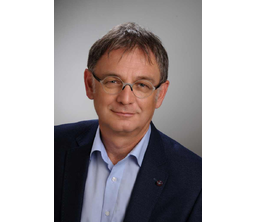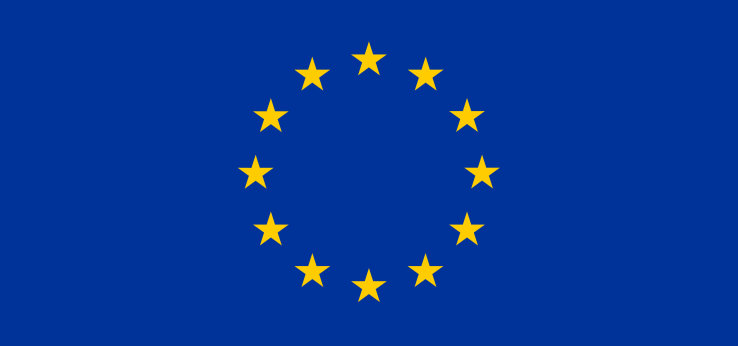Jean Monnet Chair on Youth Work and Non-Formal Education in Europe
Prof. Dr. Andreas Thimmel of the Faculty of Applied Social Sciences at TH Köln - University of Applied Sciences will hold the Jean Monnet Chair on Youth Work and Non-Formal Education in Europe for the coming three years. Professor Thimmel will offer lectures, seminars, and workshops on this topic to students, and expand consultation and cooperation with policymakers and multinational work groups.
Prof. Dr. Andreas Thimmel will hold the Jean Monnet Chair on Youth Work and Non-Formal Education in Europe for the coming three years. The European Commission supports high quality teaching and research on Europe through Jean Monnet Chairs. Professor Thimmel’s Jean Monnet Chair concerns itself with European youth policy as a unique political field, as well as European youth work, the conceptual framework for youth work, youth social work, and non-formal education.
“Youth policy, youth work, and youth social work are discussed far too often from a national perspective and too little from a European perspective. This is the case in academia, policy, and practice. Therefore, it is my goal to integrate the European perspective more strongly into German academic discourse and public debate. I will also increase my participation in debates on conceptional development of European youth policy and youth work,” said Professor Thimmel. Over the course of the Jean Monnet Chair, he will offer lectures, seminars, and workshops to students. Integrating European issues into current lectures and seminars has proved a useful didactic strategy, for example in the introductory lecture on educational sciences, and seminars on political education. In addition, consultation and cooperation with policymakers and multinational work groups will be expanded. These activities seek to increase the visibility of European issues, European studies, and social work structures on a European level at TH Köln and nationally in the fields of youth work and political youth education. Professor Thimmel believes that education in and about Europe means discussing the programmatic foundations, history, politics, and the future possibilities of the European Union. He says that “the general affirmation of the historical and topical project of the European Union requires a critical discussion of its contradictions.”
 Co-funded by the Erasmus+ Programme of the European Union
(Image: EU)
Co-funded by the Erasmus+ Programme of the European Union
(Image: EU)


